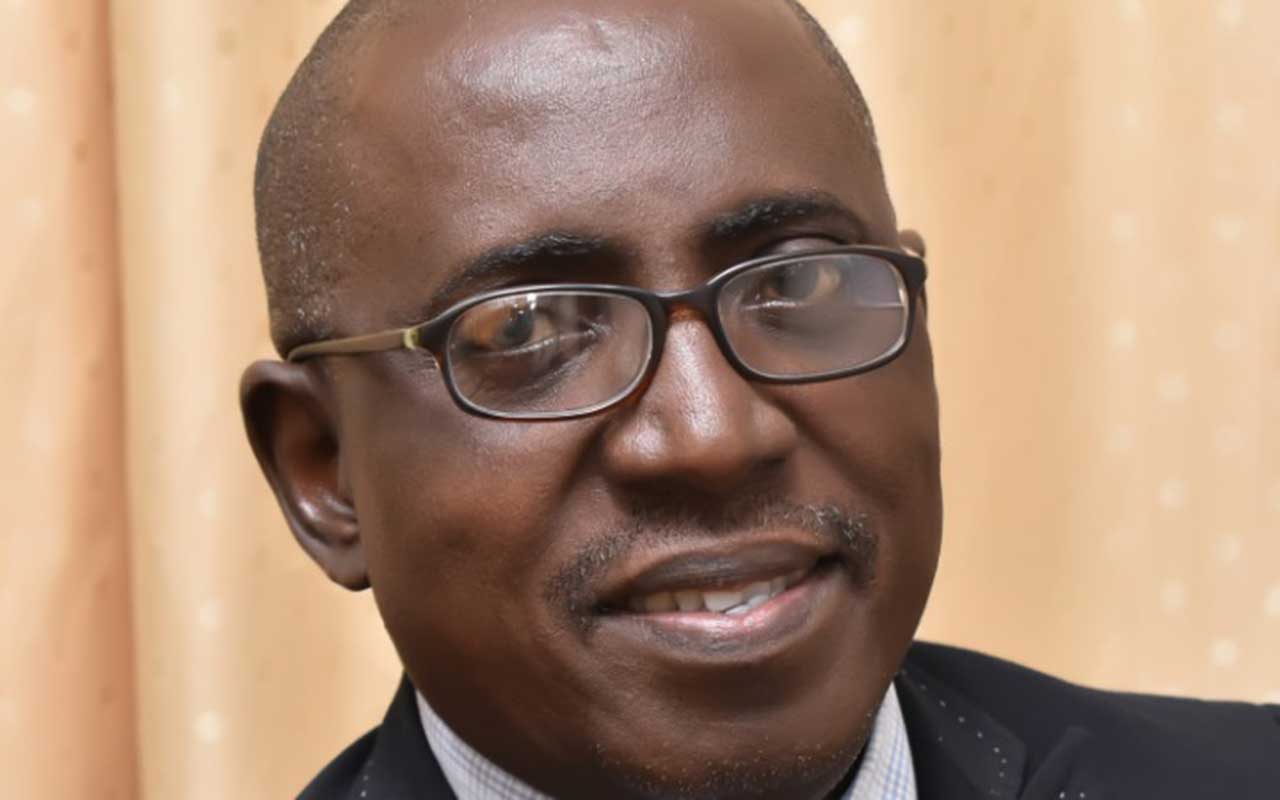
In his welcome address, the Vice-Chancellor, Prof. Babatunde Kehinde, underscored the urgent need to address climate change, resource depletion, and environmental degradation.
Represented by the Director, Centre for Entrepreneurial Studies (CENTS), Prof. Emily Ayo-John, the Vice-Chancellor emphasised the role of biogas production as a renewable energy source and a sustainable business opportunity.
According to him, FUNAAB remains committed to research, innovation, and sustainability, in alignment with its vision as a centre of excellence in knowledge generation for global development and environmental sustainability. He further stated that collaboration was vital in advancing biogas technology and promoting eco-friendly enterprises.
In the lead presentation, the Project Team Lead, Prof. Babatunde Bada, shed light on FUNAAB’s strategic focus within COPAFEU, particularly in converting waste into biogas. He reiterated the University’s core objectives of education, research, community engagement, and sustainable development.
The workshop featured insightful presentations from notable speakers, including the Ogun State Commissioner for Environment, Ola Oresanya who spoke on Environmental Policy for Biogas Production.
The Programme Manager, Agricultural Development Programme, Mrs. Abiola Sobukola, who represented the state’s Commissioner for Agriculture, Bolu Owotomo, delivered a paper on Biogas and Sustainable Processing of Agricultural Produce.
Dr. Sakirat Ibrahim, Ag. Director, Centre for Community-Based Farming Scheme (COBFAS), presented a paper on The Benefits of Biogas Enterprise to Farm Practical Year (FPY) Students, while Prof. Olusegun Oguntoke, Dean, College of Environmental Resources Management (COLERM), discussed the Economic and Social Benefits of a Biogas Center at the University.
The Head of Department, Environmental Management and Toxicology (EMT), Dr. Adewale Taiwo, spoke on the Environmental and Health Benefits of a Biogas Centre at the University, while Prof. Emily Ayo-John delivered a paper on Sustainable Entrepreneurship.
The COPAFEU initiative was aimed at enhancing the capacity of Higher Education Institutions to equip graduates with entrepreneurial and employability skills, while fostering sustainable local development.
The workshop was attended by students, faculty members, Deans, Directors, Professors, and Non-Teaching staff, who gained valuable insights into the environmental, economic, and social benefits of biogas production.






